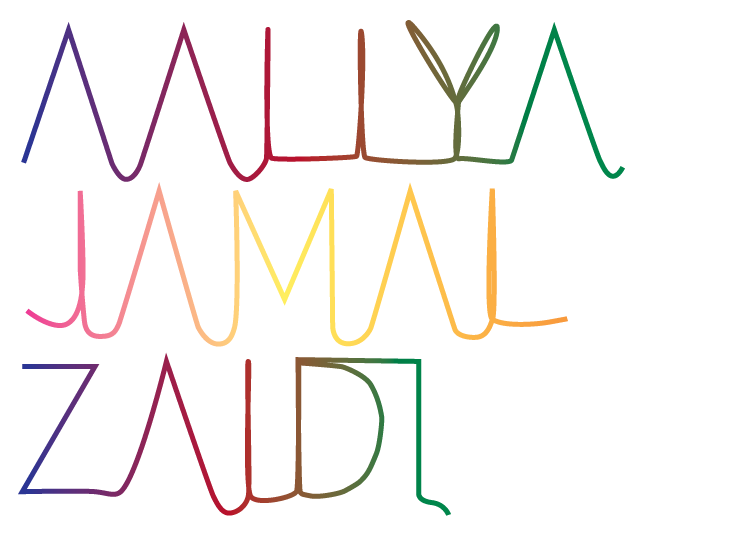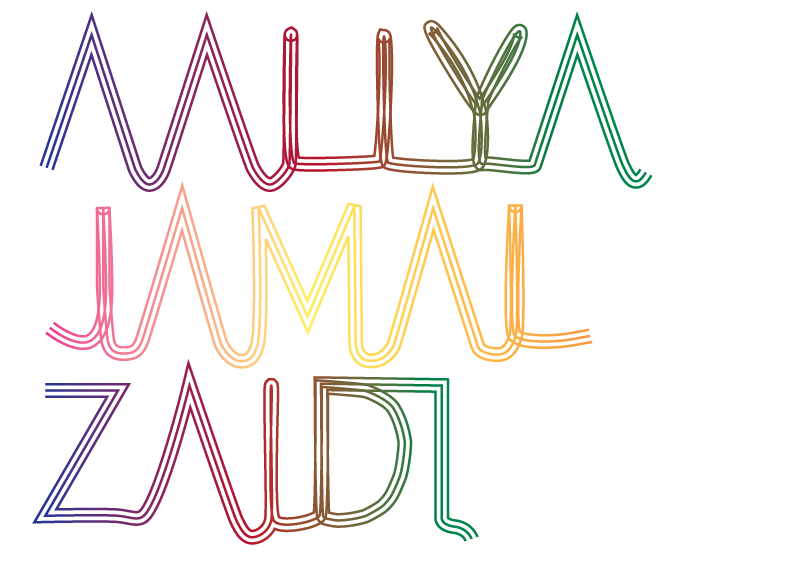Sacred Waste
How might we reframe the human relationship with nature through challenging our idea of "waste"?
Academic Work: RISD Fall 2020
The Problem
- Humans invented ‘waste’. There is no such thing as waste in nature.
- Waste is a legitimate part of our lives. It is the consequence of doing stuff.
- We make stuff, there is waste. We use stuff, there is waste. We throw stuff away, it is waste.
- In the US 40% of food produced is wasted (~$162 billion worth)
- Food constitutes the largest proportion of material that ends up in landfills
- In 2018, 35.3 million tonnes of food were sent into landfills
- Food that ends up in landfills rots, instead of decomposing, which produces methane
Used coffee grounds viewed under the microscope
EXPLORATION 1 : BIOMATERIALS FROM KITCHEN WASTE
Materials used: Coffee grounds, orange peel, banana peel, egg shell
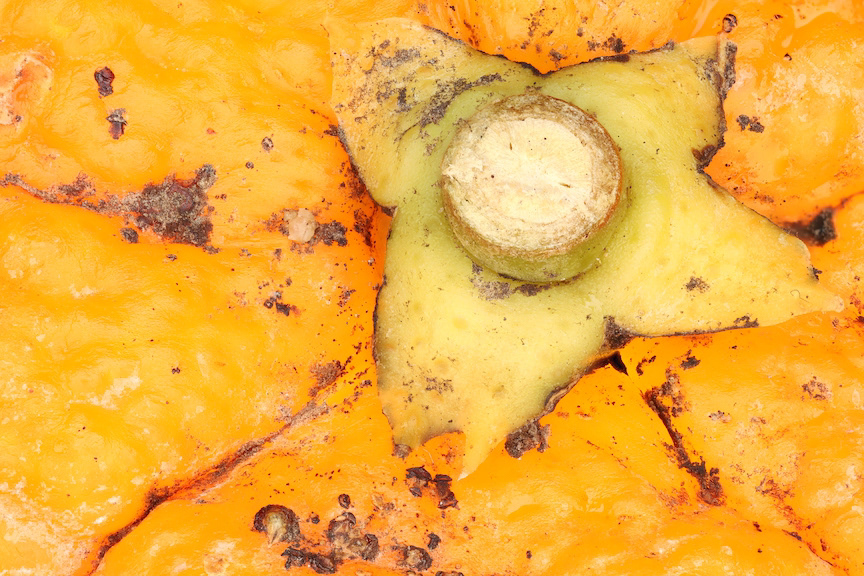
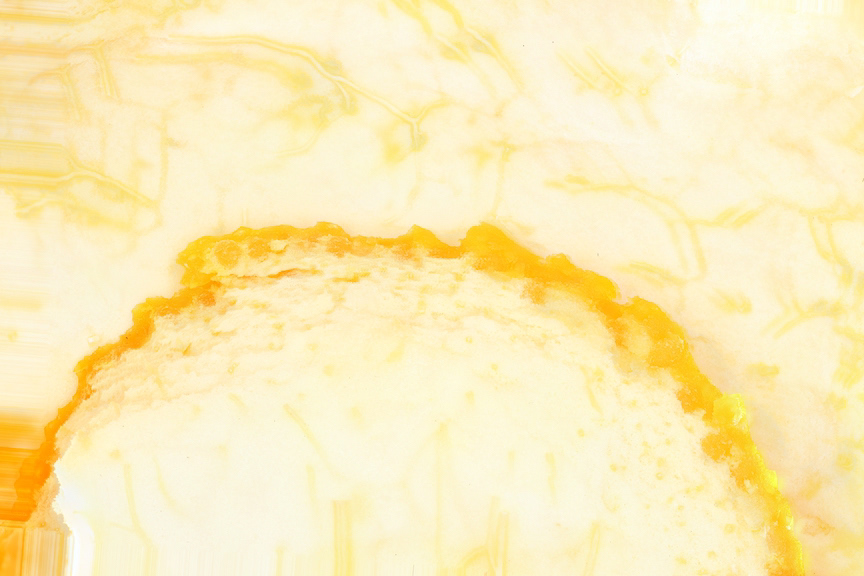
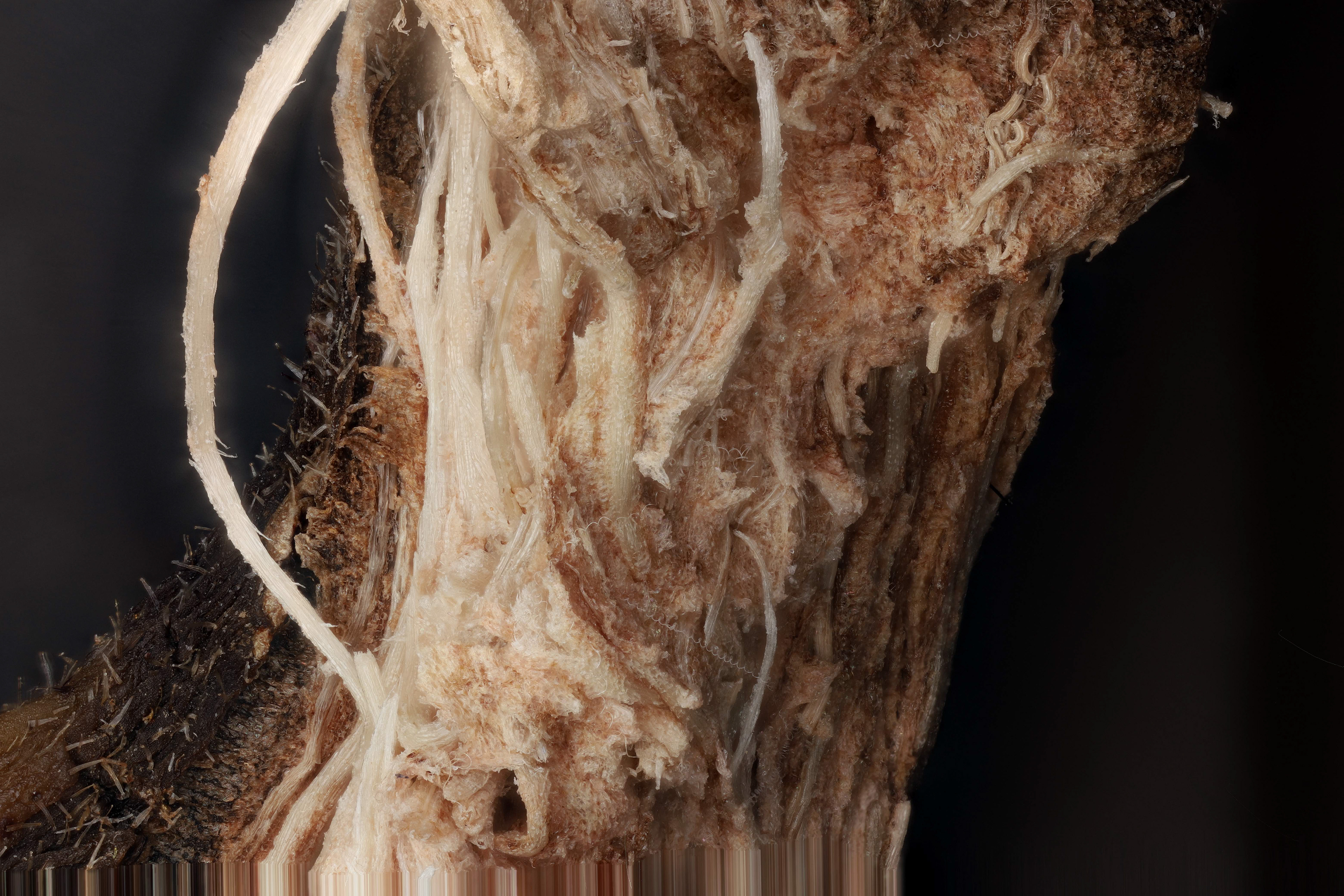
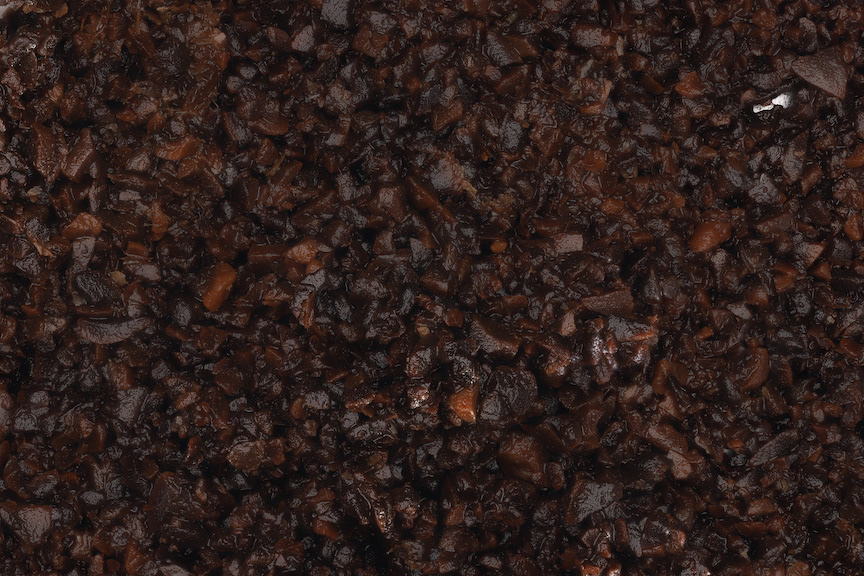
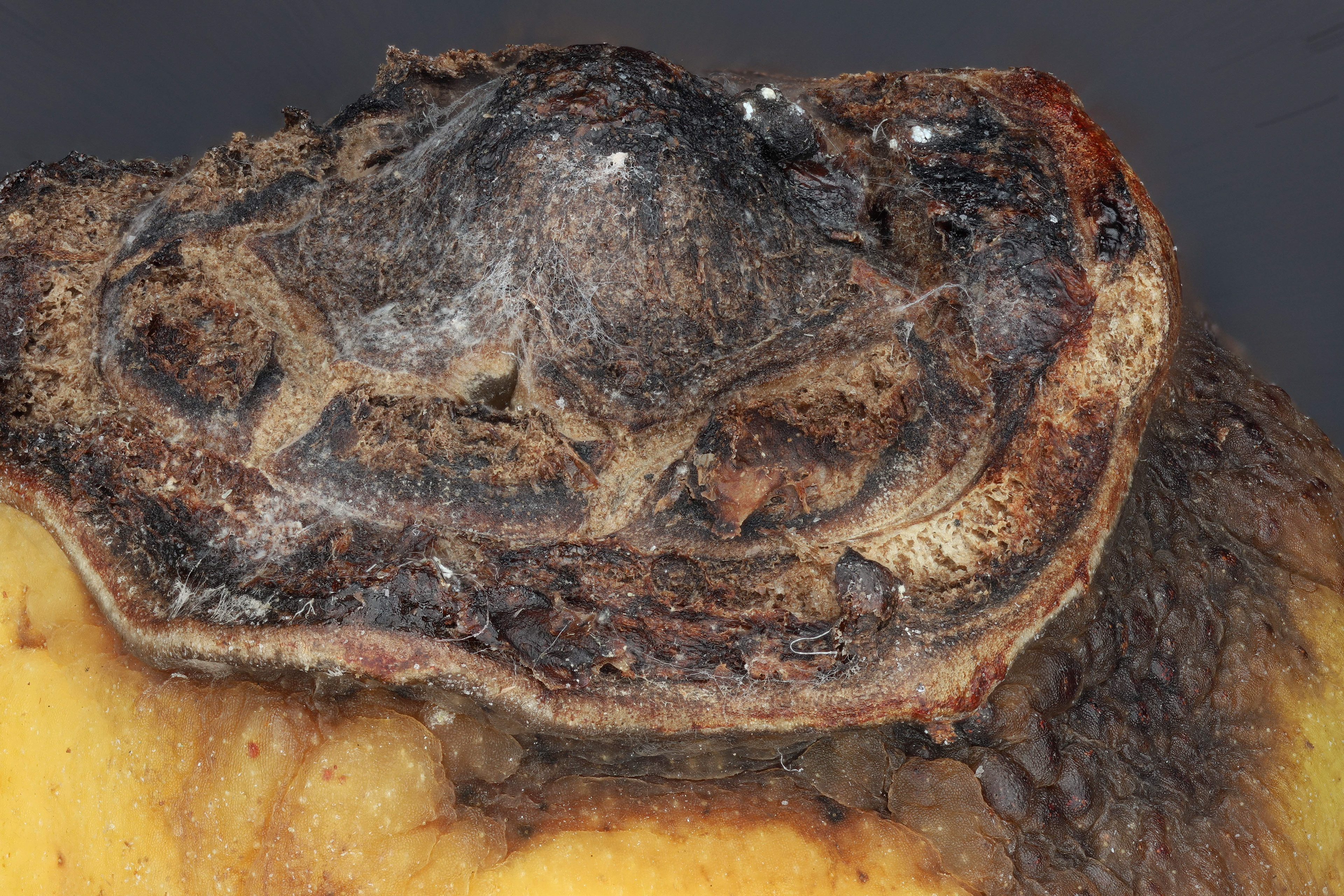
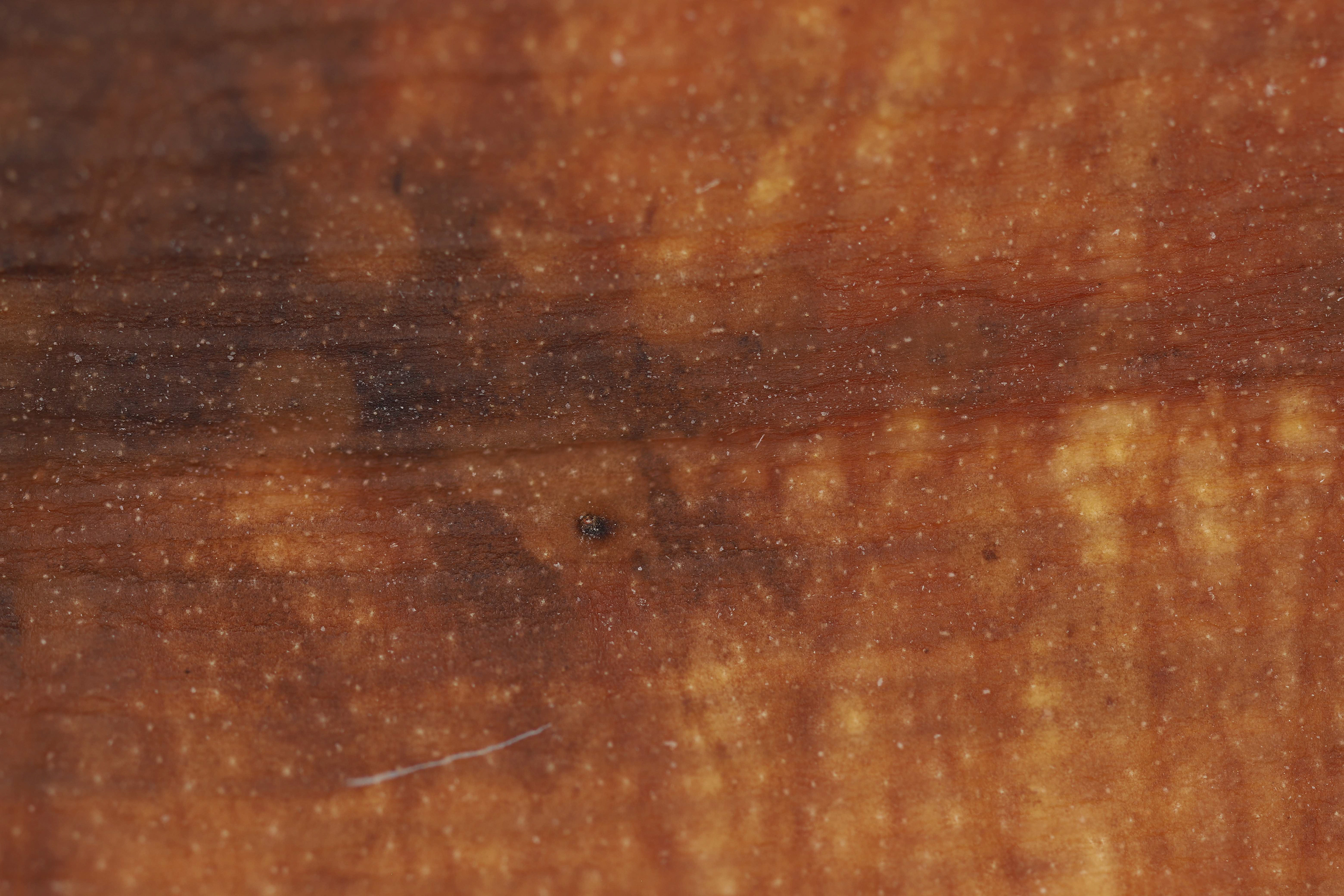
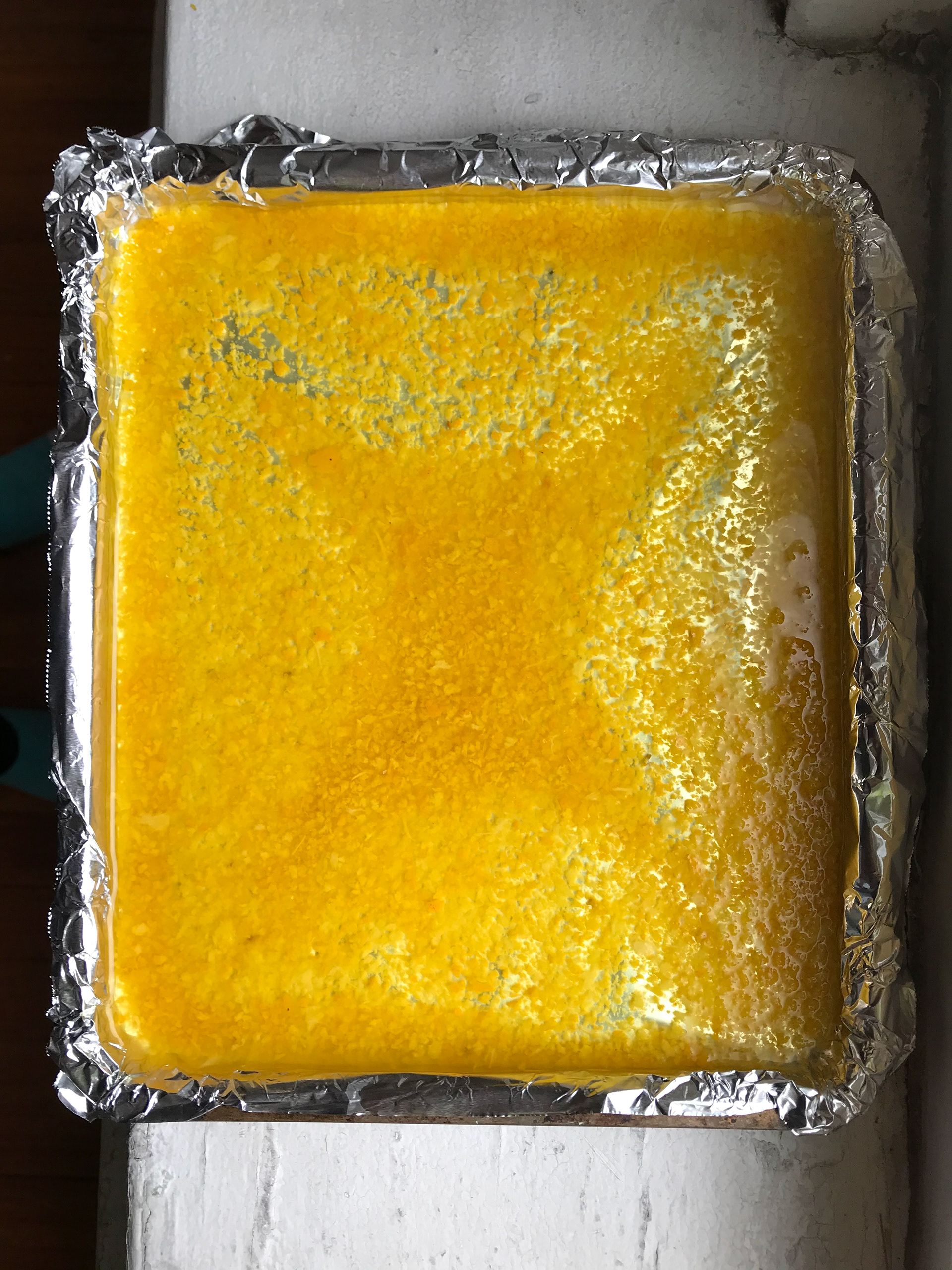
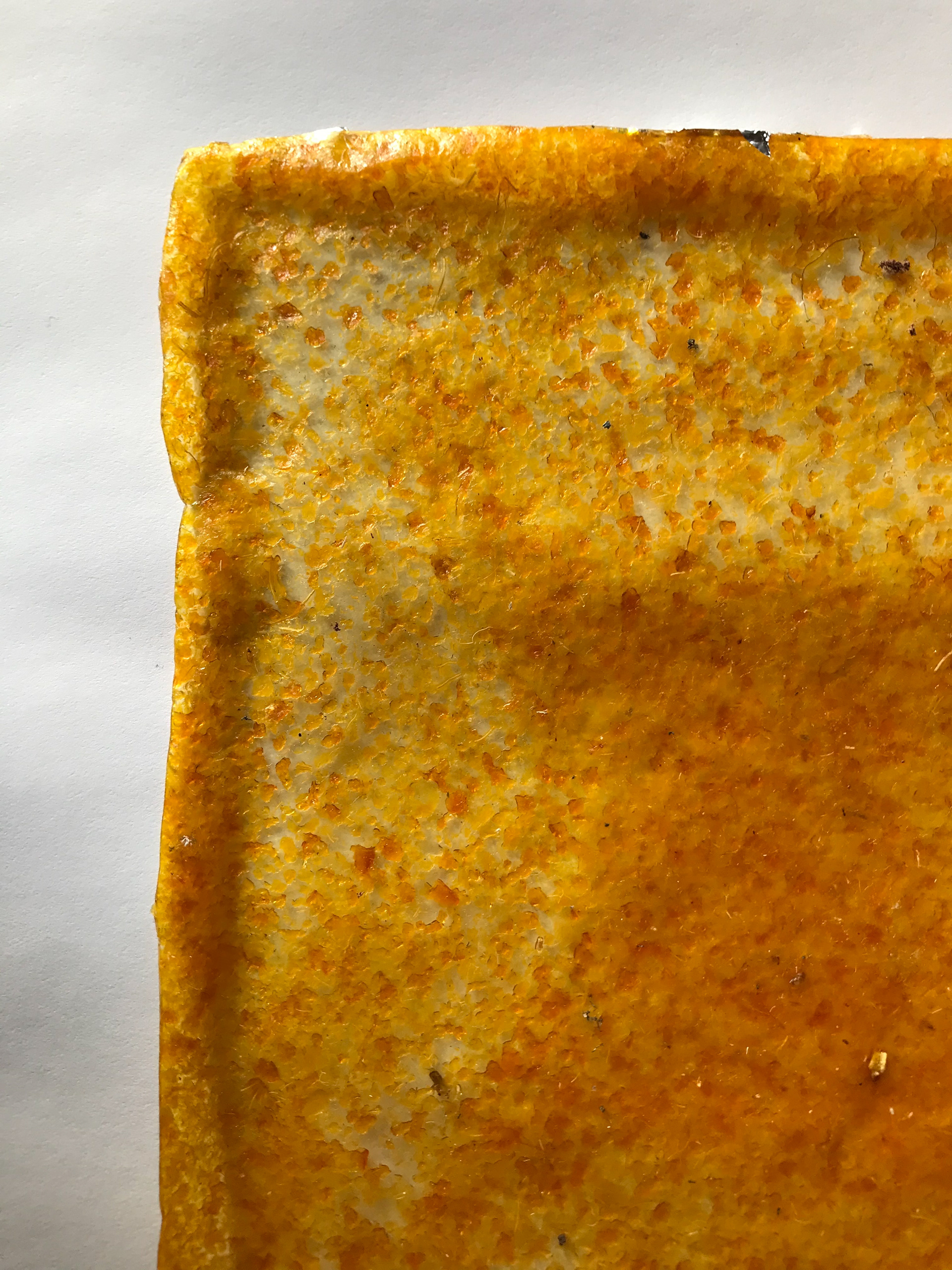
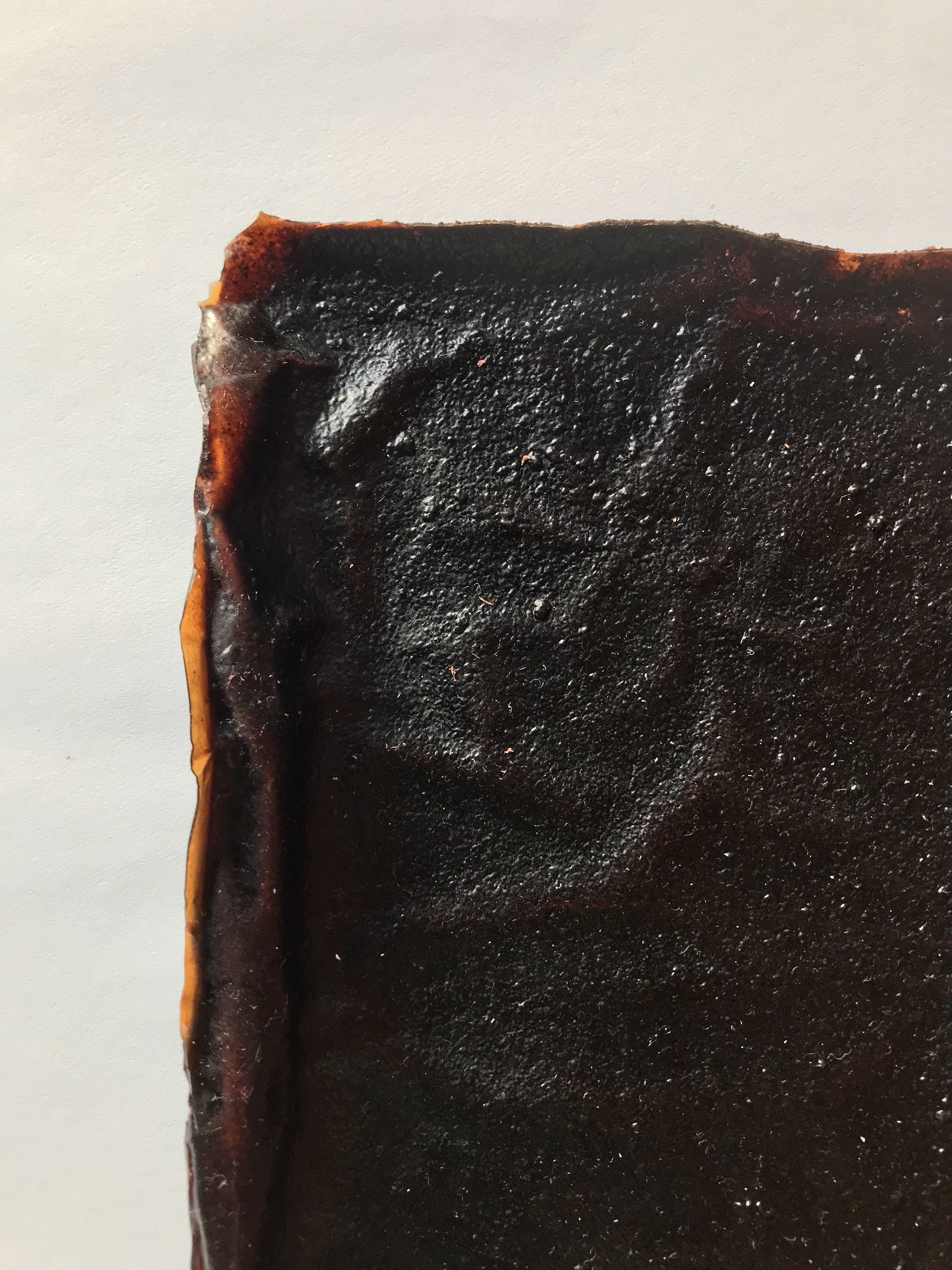
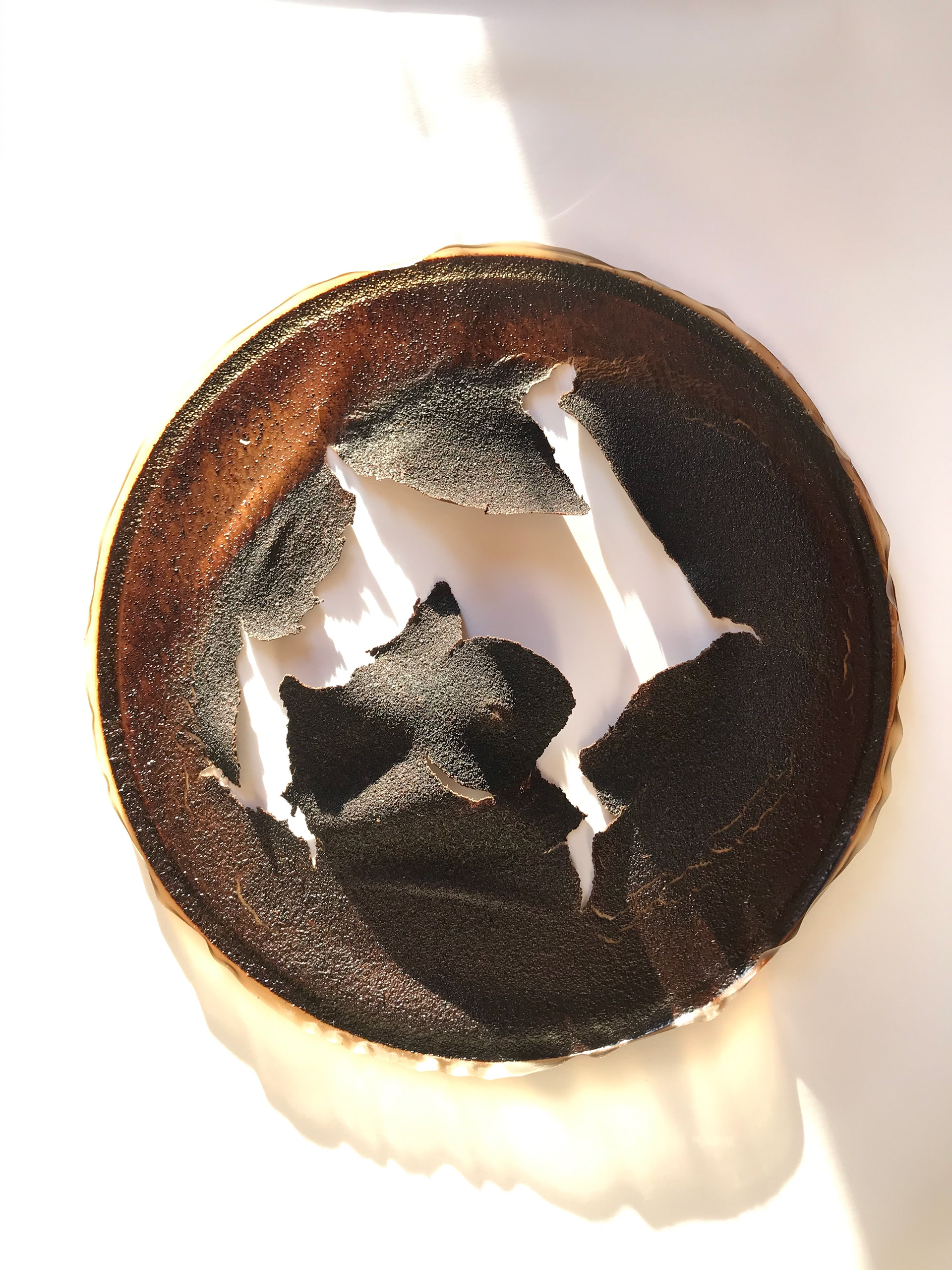
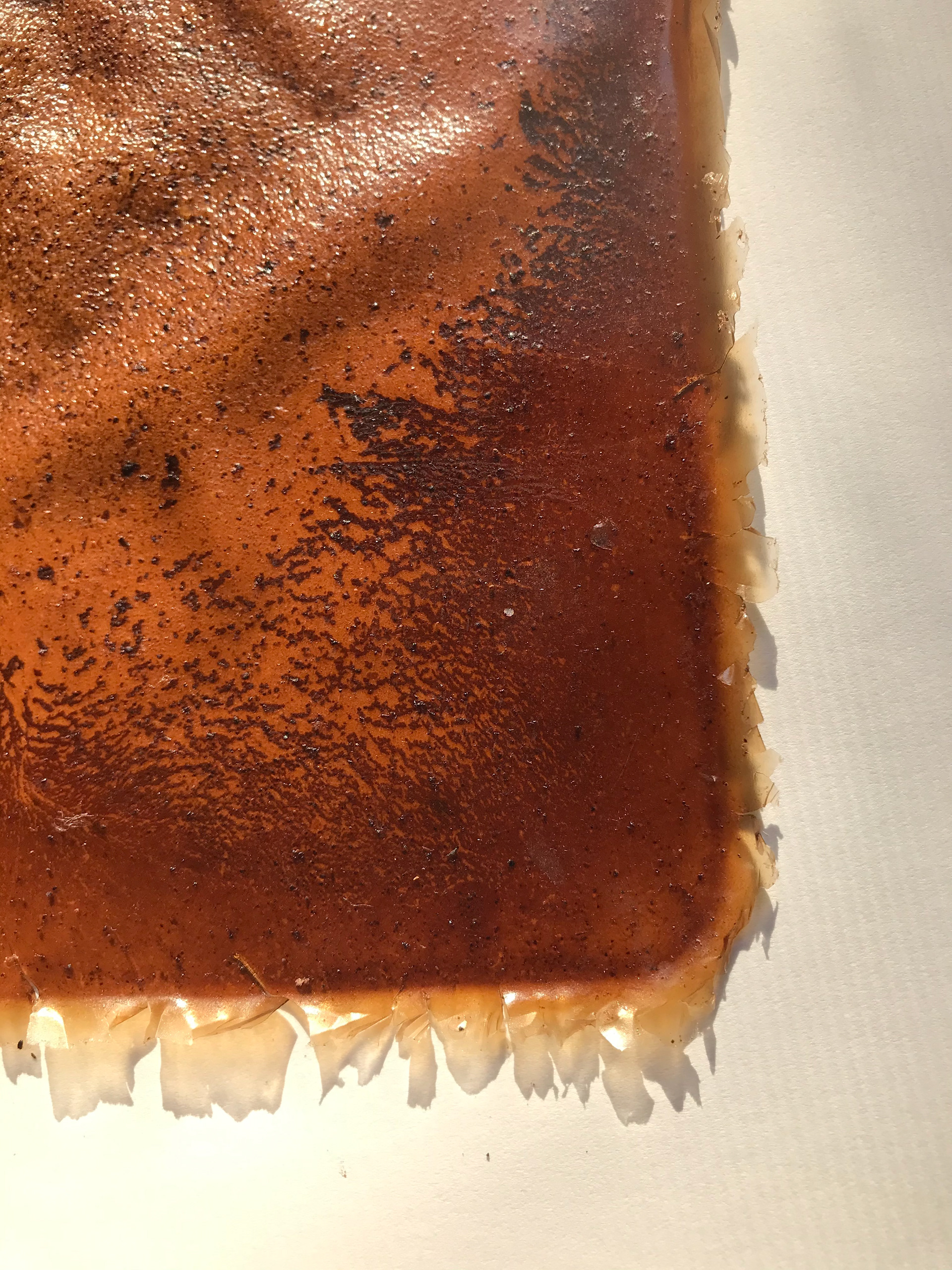
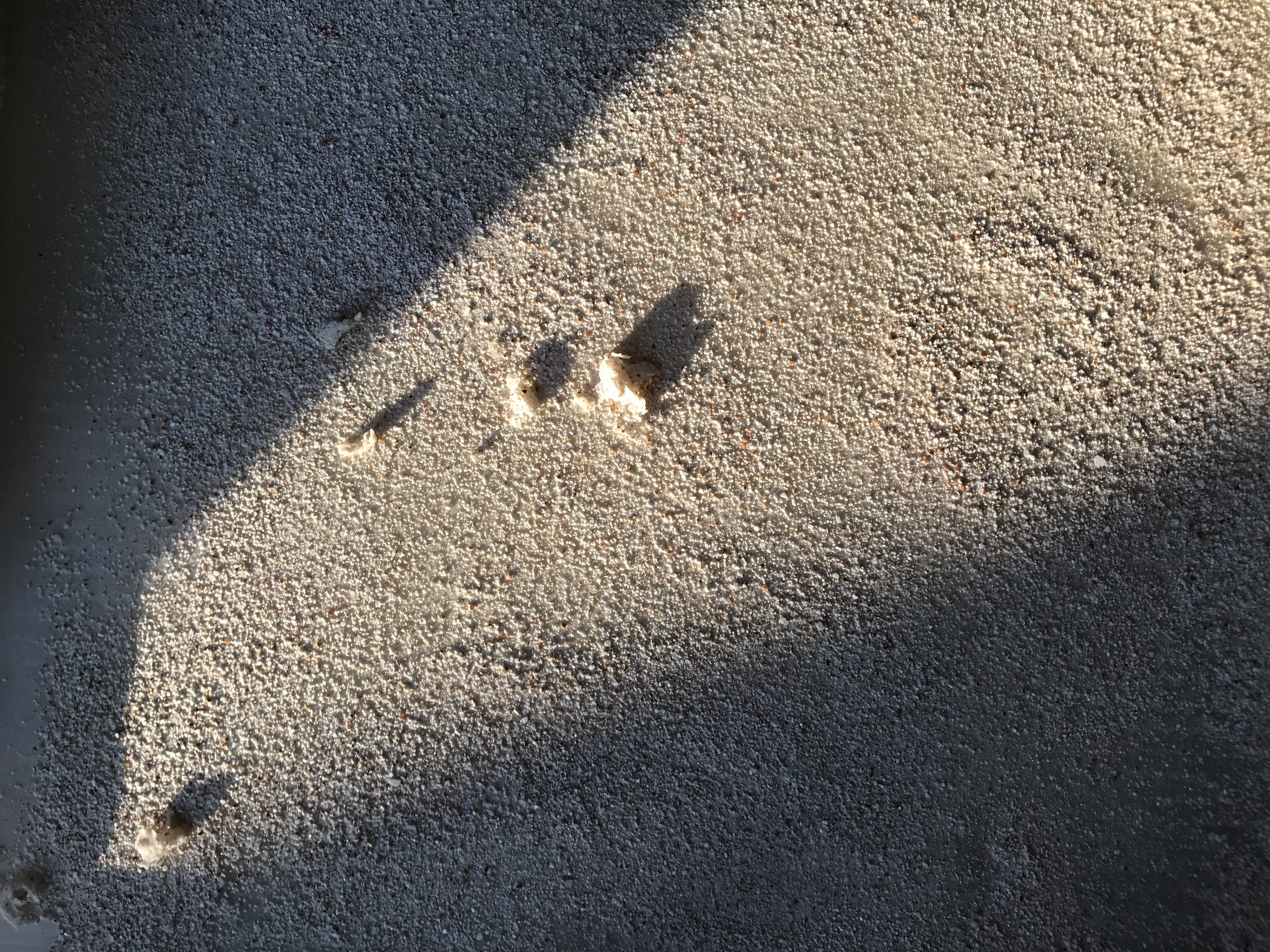
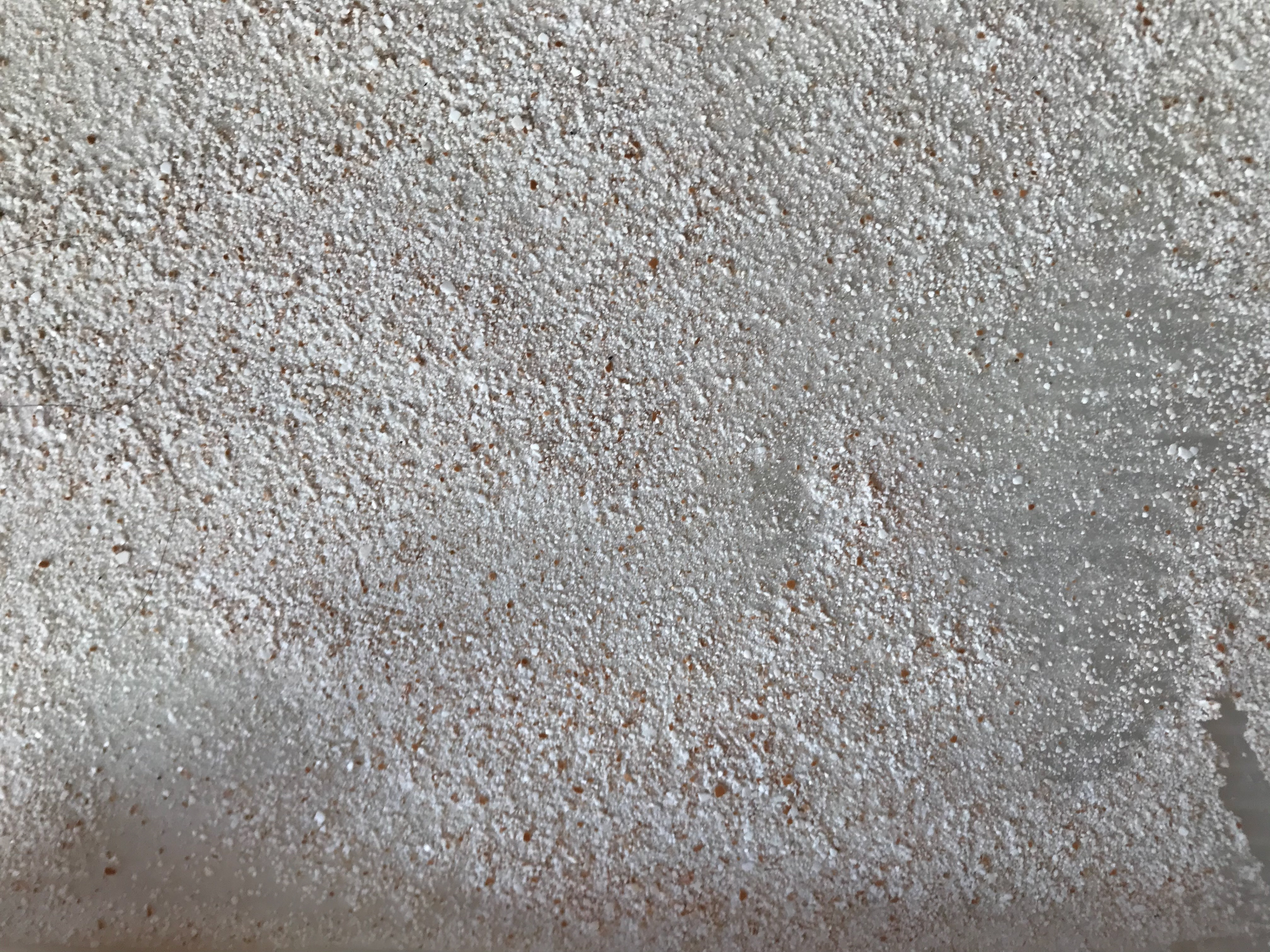
LEARNINGS
This pathway requires many ingredients and equipment to be able to make truly useable biomaterials by the user.
Does not take into account additional energy required to produce biomaterials through various processes (oven drying, boiling, etc) for it to be truly sustainably accountable.
Has potential for industry-level/manufacturing level opportunity, but limited in the household setting.
EXPLORATION 2: RITUALISATION OF WASTE
Waste receptacles, rituals and our everyday life
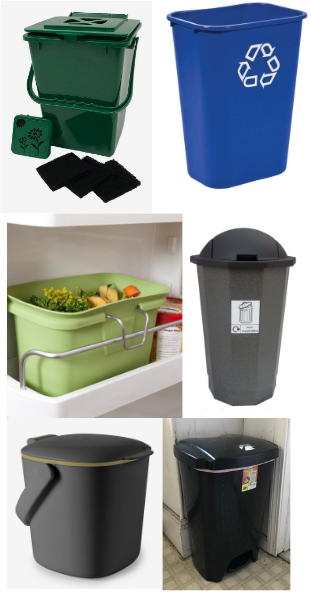
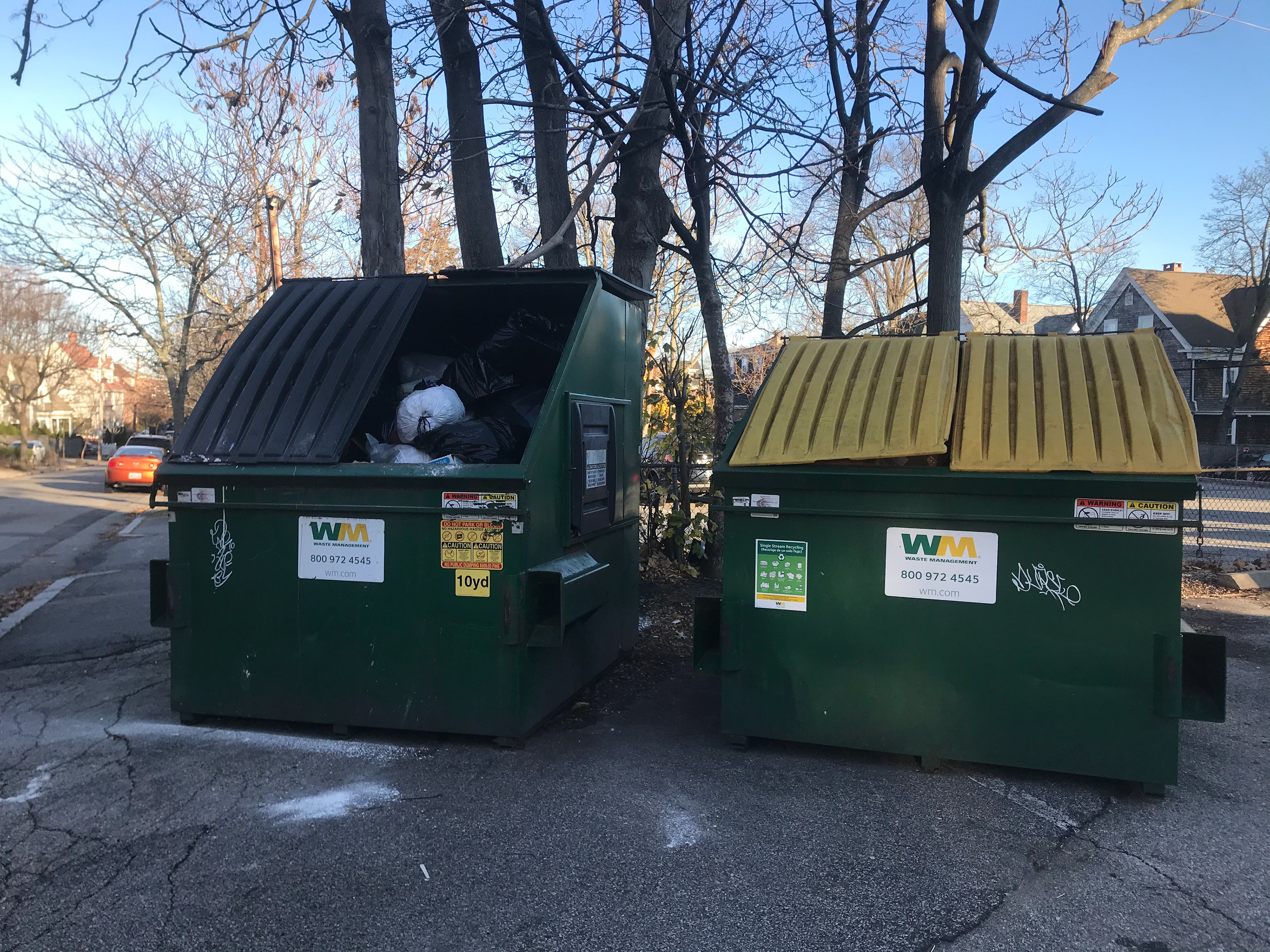
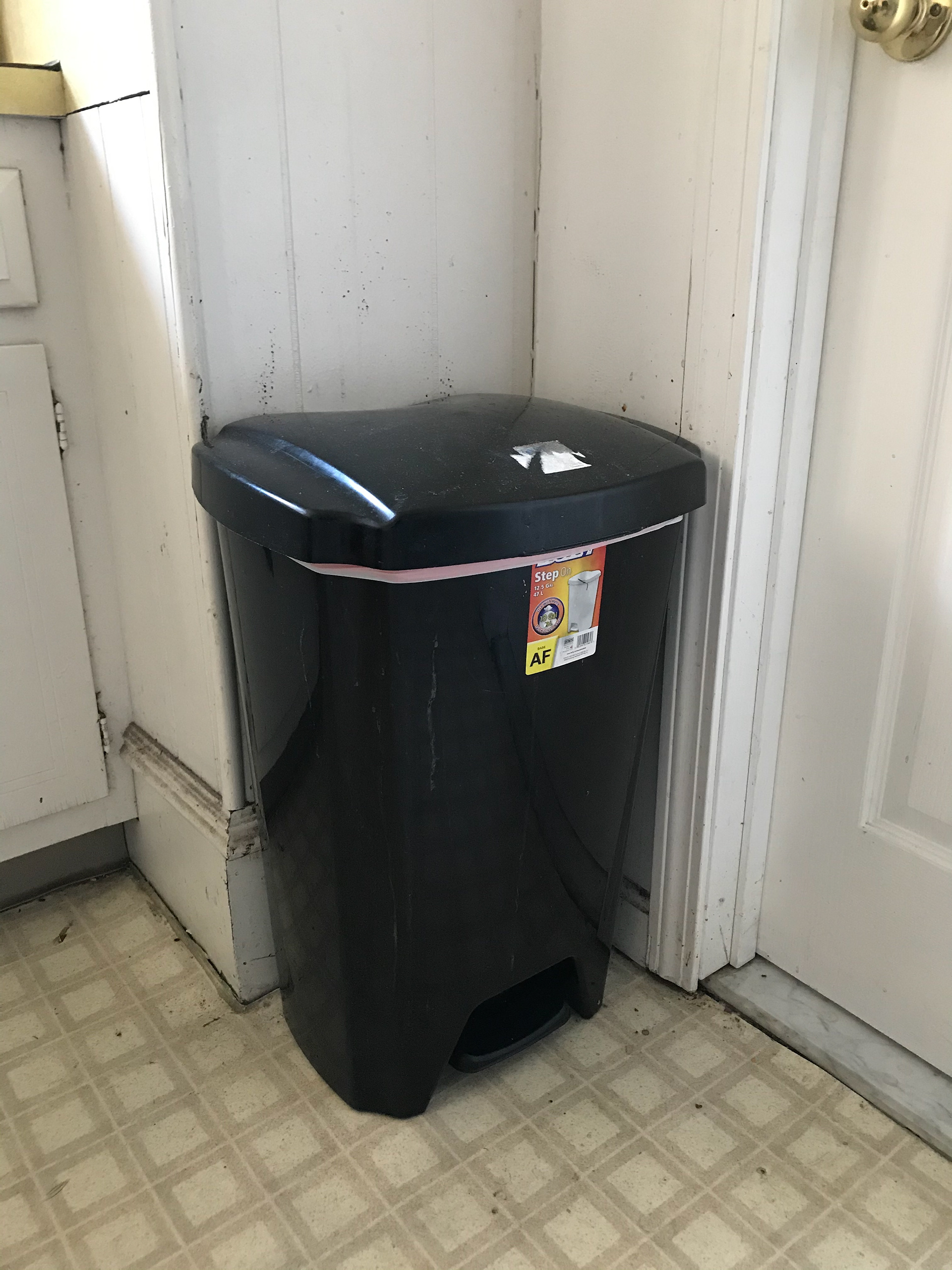
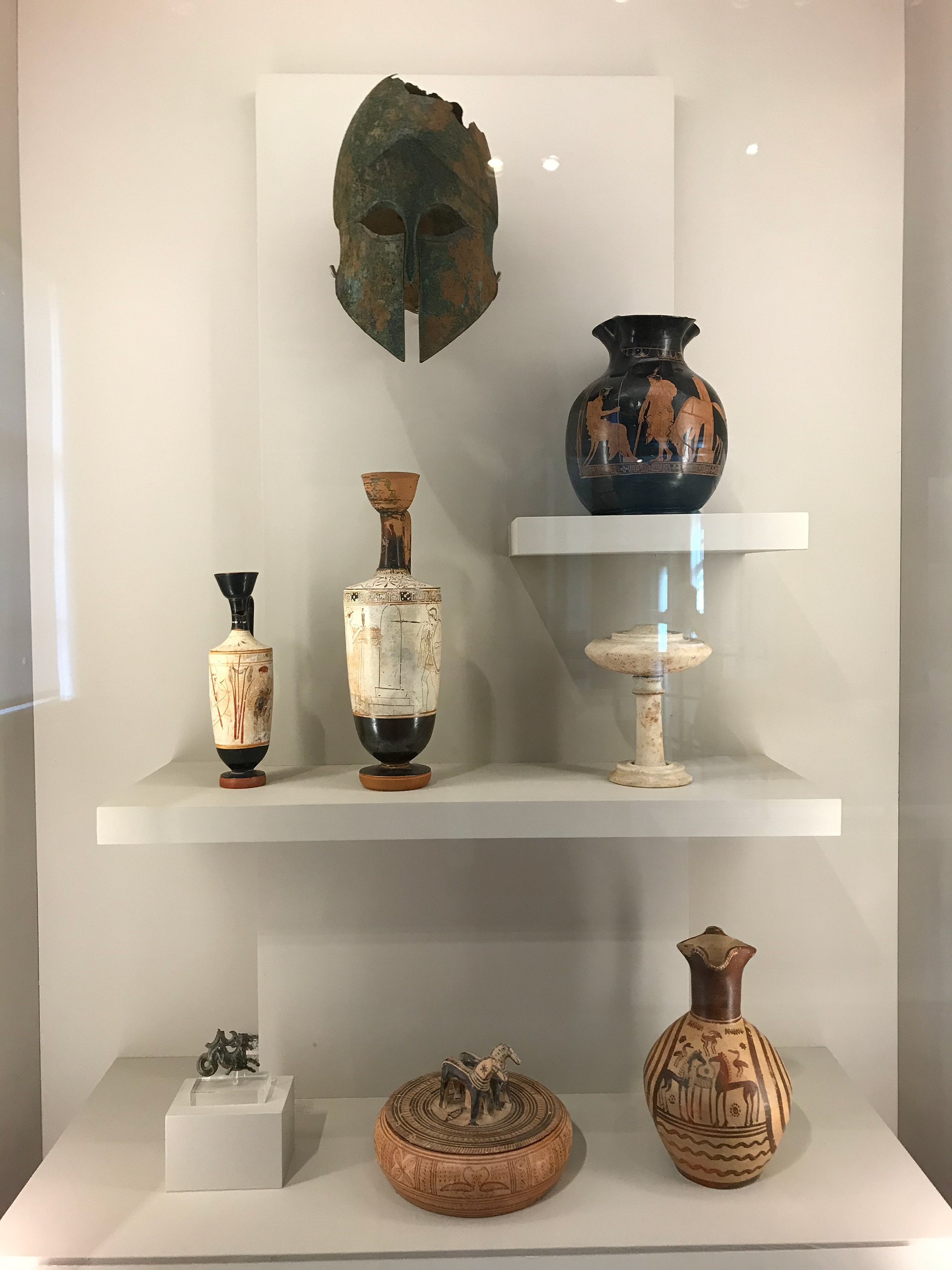
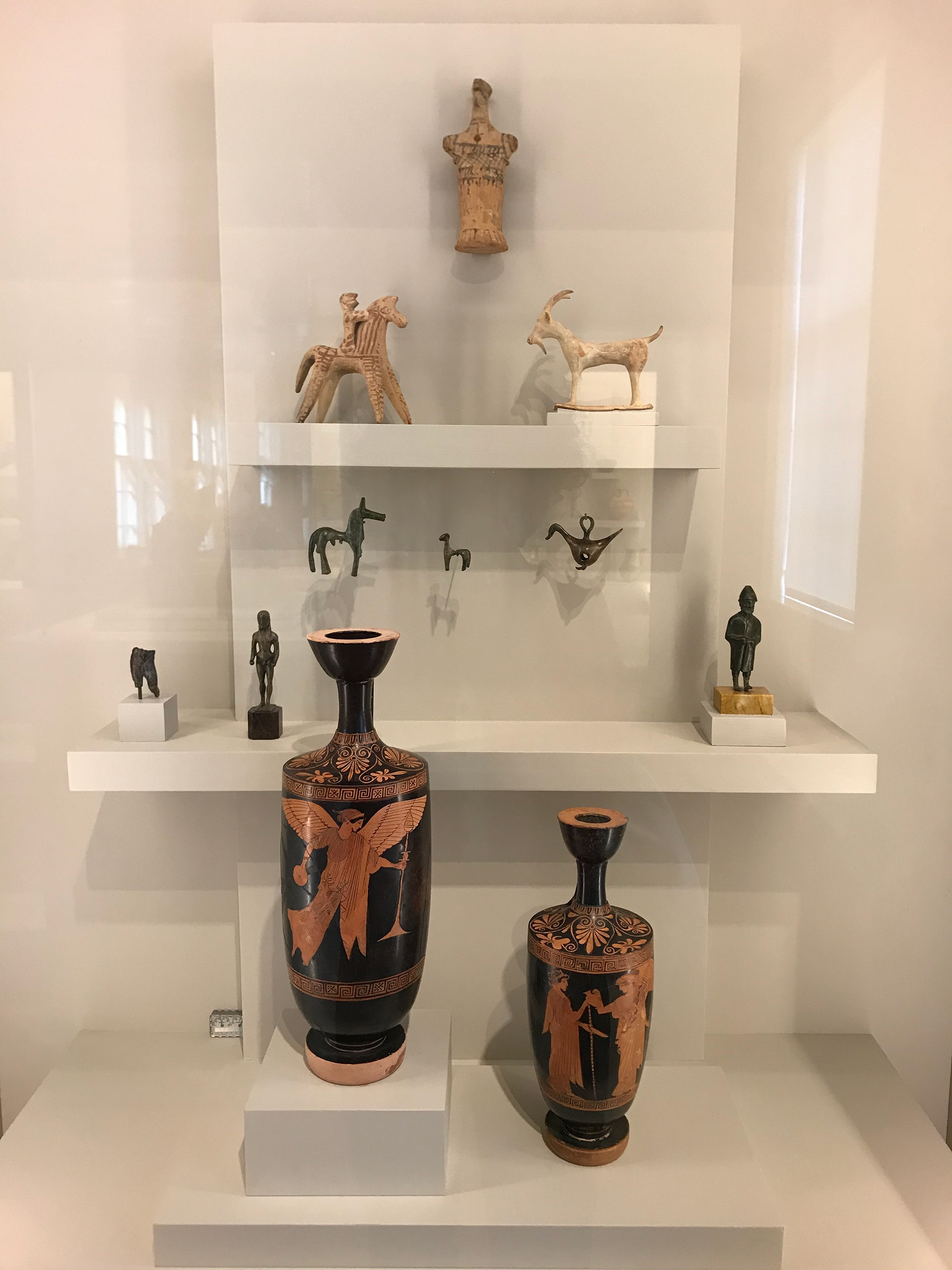

Benchmarking current waste receptacles in private and public domains. Referencing Ancient vessels used for storage, ornamentation and other aspects of daily life. Thinking about current rituals and mainstream material culture.
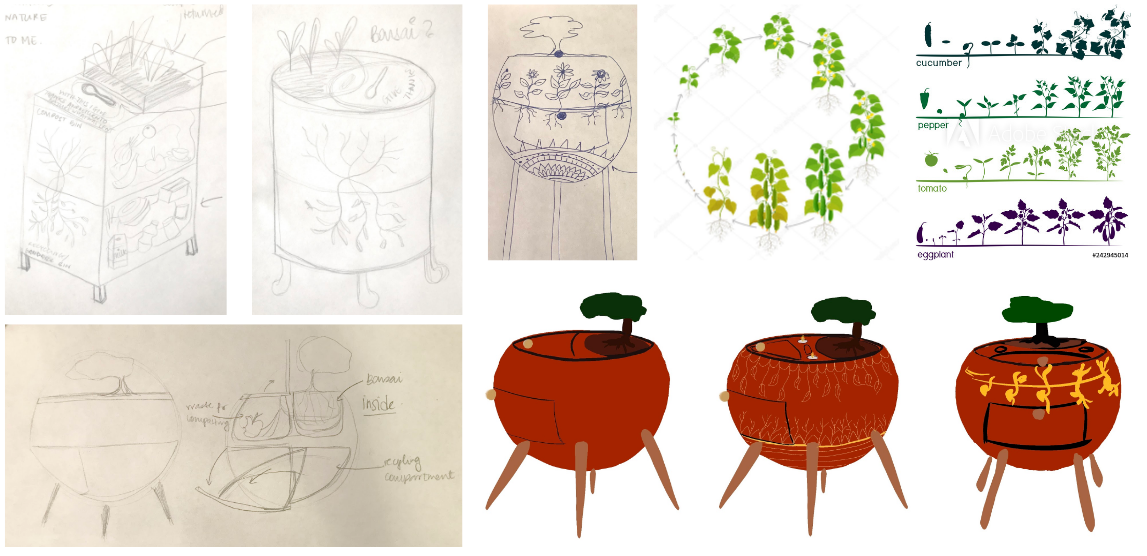
Form and concept ideation
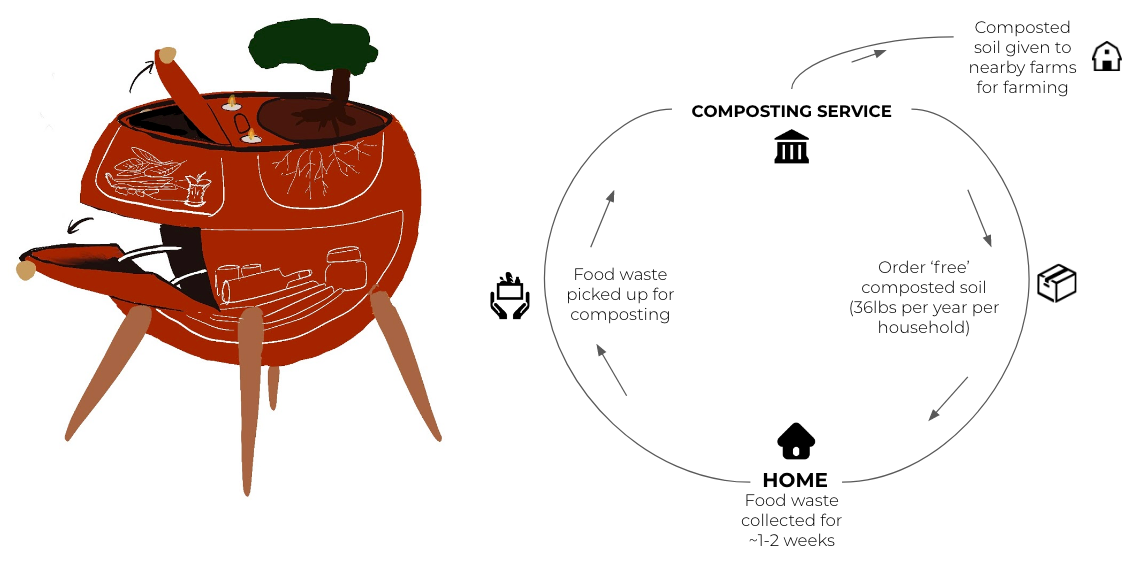
Context within existing local composting system in Rhode Island
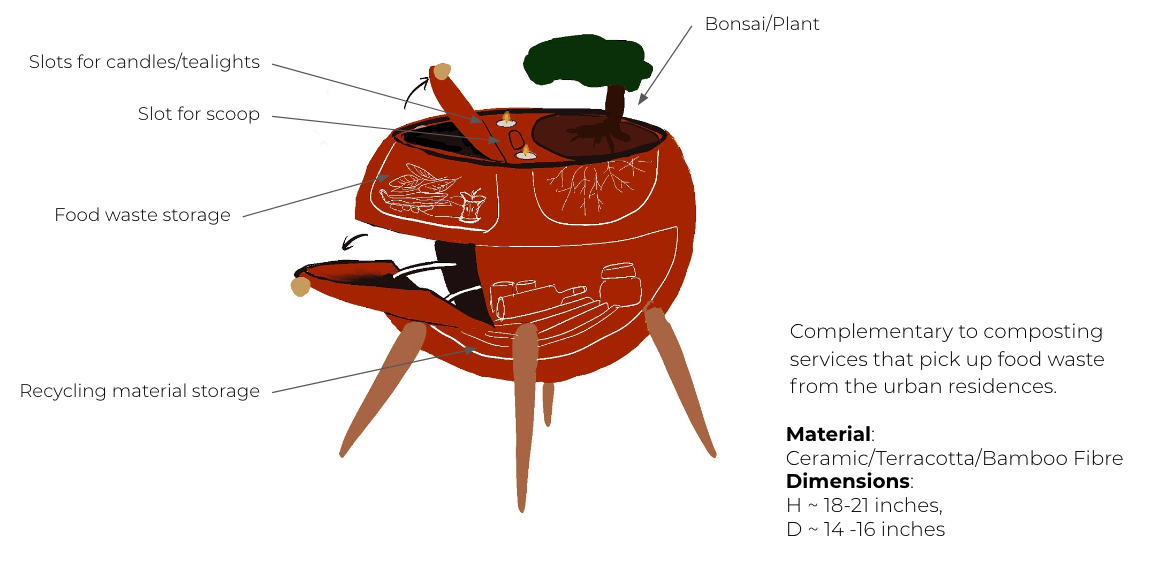
Product specs and features
Receptacle imagined in the home space.
Sacred Receptacle
This concept brings waste receptacle design and management into the realm of furniture design.
By bringing reverence and ritual into a usually ugly, neglected object like a waste receptacle, I hope to bring the user a bit closer to reconsidering their relationship with waste. The 'bin' becomes a piece of furniture, a planter for a plant to be taken care of, a candle holder, and it is situated within systems where urban composting currently exists.
In Providence, compost services like Bootstrap compost collect compostable material for a small fee and in return give the user 36lbs of compost per year. More than enough for a garden, definitely enough to nourish the plant at the receptacle.
